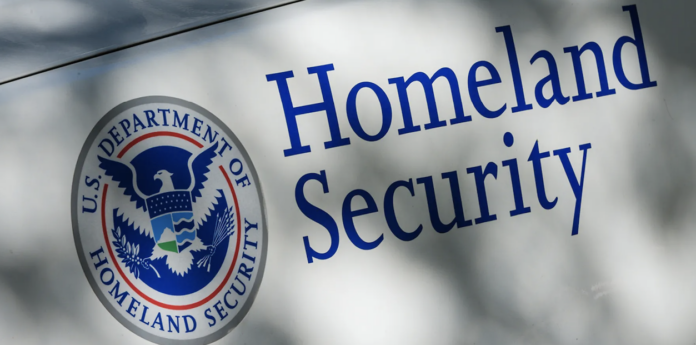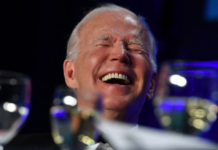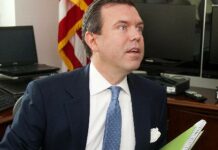The announcement made by the Biden administration on Friday was to identify seven areas which will “compulsively promote equity” within the Department of Homeland Security.
The DHS Equity Action Plan aims to ensure that civil right offices within the department have all the resources they need to carry out their critical missions.
There are seven areas of focus in the plan. All of them were selected by “external stakeholders”, who represent underserved communities.
These include applying for naturalization, obtaining humanitarian assistance during immigration processing and bidding DHS contracts. Combating all forms of terrorism and targeted violence. Filing complaints and seeking to seek redress within DHS activities and programs. Screening at airports. Access to Trusted Traveler Programmes
Alejandro Mayorkas (DHS Secretary) stated that DHS had made significant steps to ensure that it is serving all communities in the country since January 2021. ”
DHS promised to identify and remove barriers that might hinder naturalization in underserved areas. ”
The department also said it would work to “expand gender-identification options” for certain traveler programs like TSA PreCheck.
DHS stated it will provide additional resources to “underserved” areas in an effort to “prevent individuals from radicalizing and enhance local capabilities” as well as fight terrorism.
DHS stated that “Diverse Communities are disproportionally impacted by domestic violent extremism and targeted violence” in its announcement.
This is in response to several problems facing the department and the growing concern of Americans over the administration’s decision to not repeal Title 42. Title 42 gives the administration the power, in times of crisis such as the COVID-19 pandemic, to ban migrants entering the country.
President Biden’s executive orders last year, which aimed to promote equity for everyone, forced the creation of the Equity Action Plan. It called for action to ensure “equity, justice and fairness for all” including people of color and those who have been historically marginalized or underserved due to persistent poverty/inequality.




